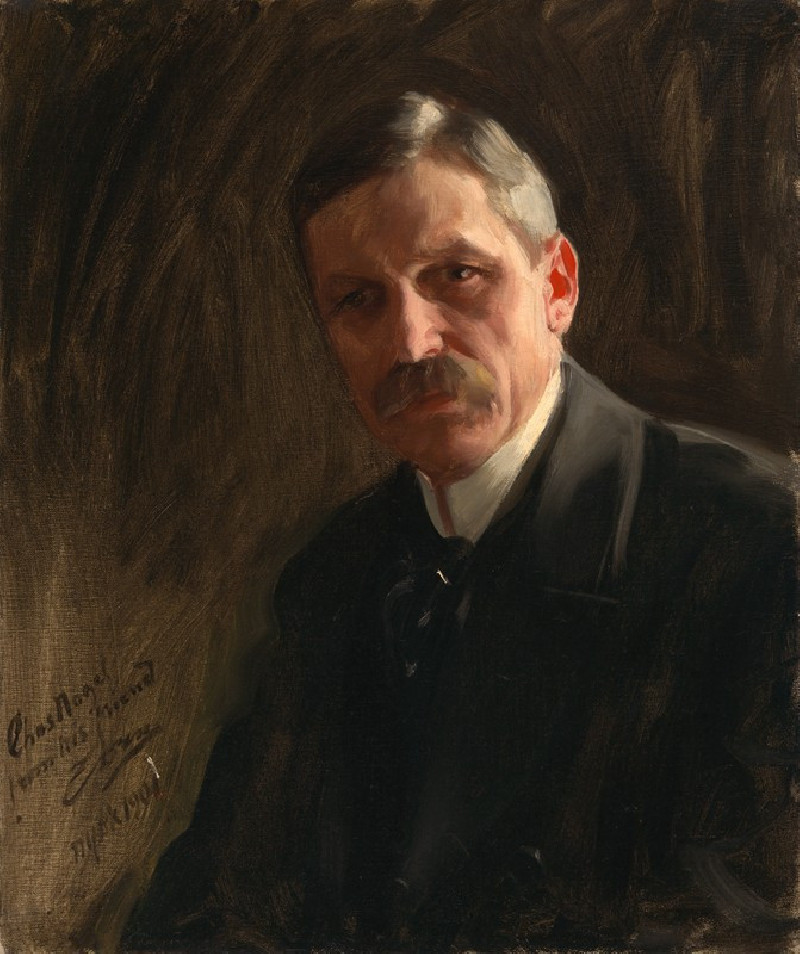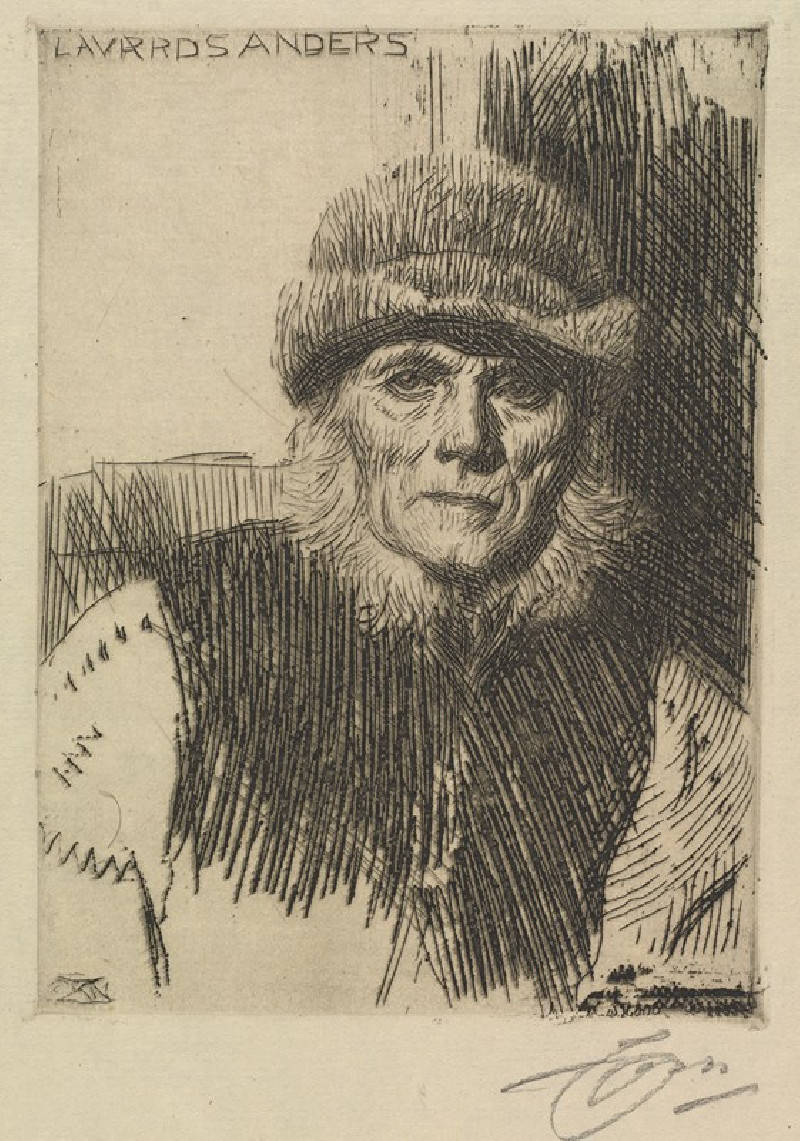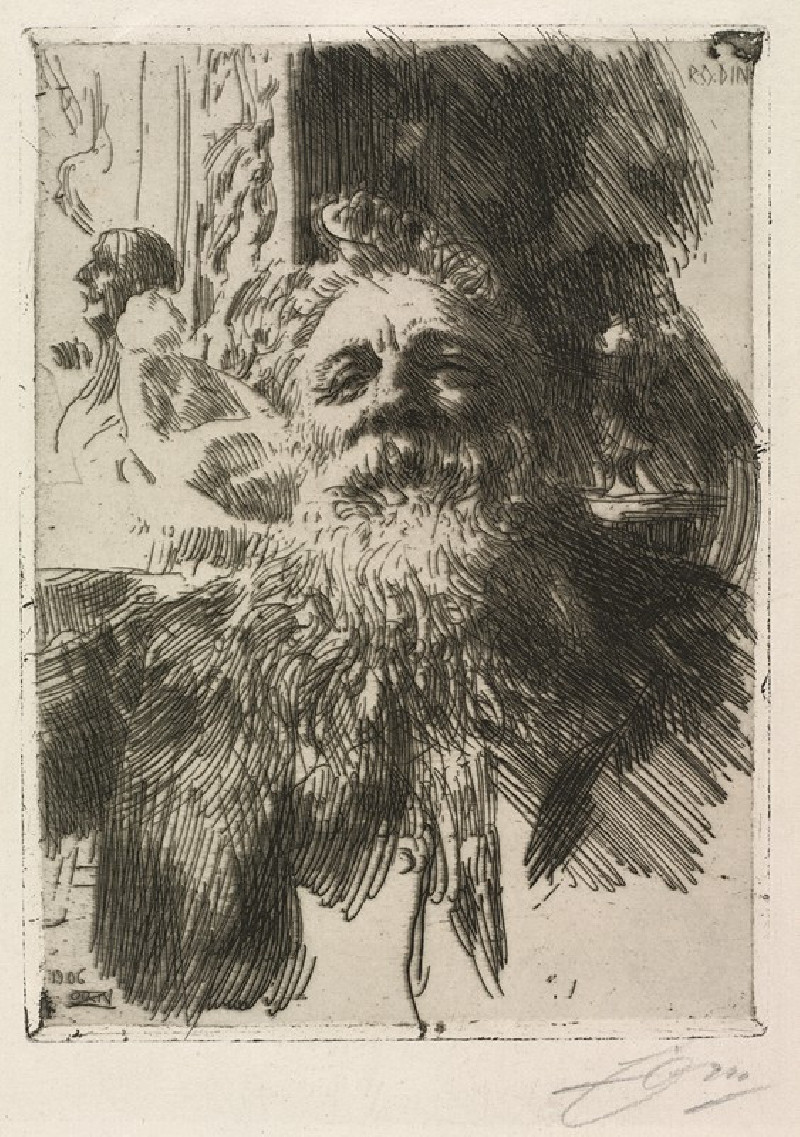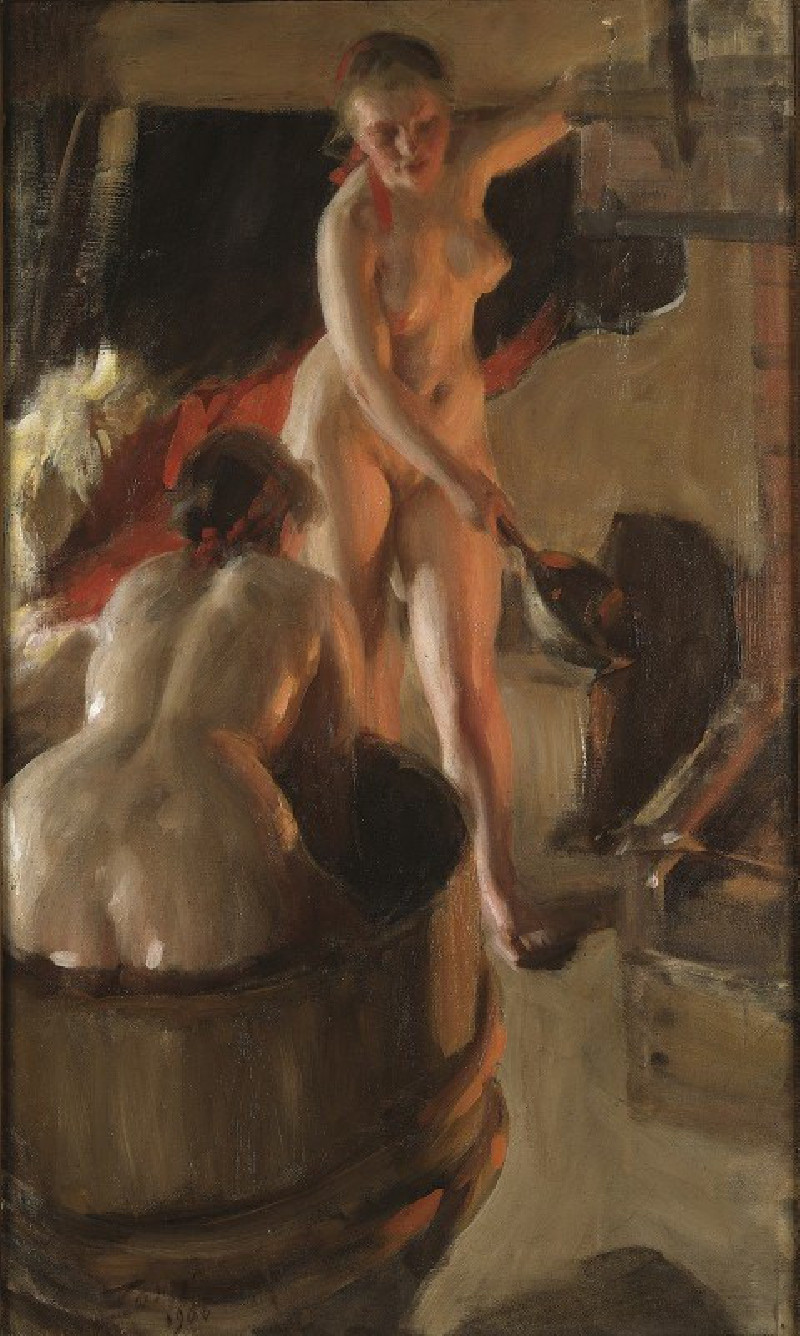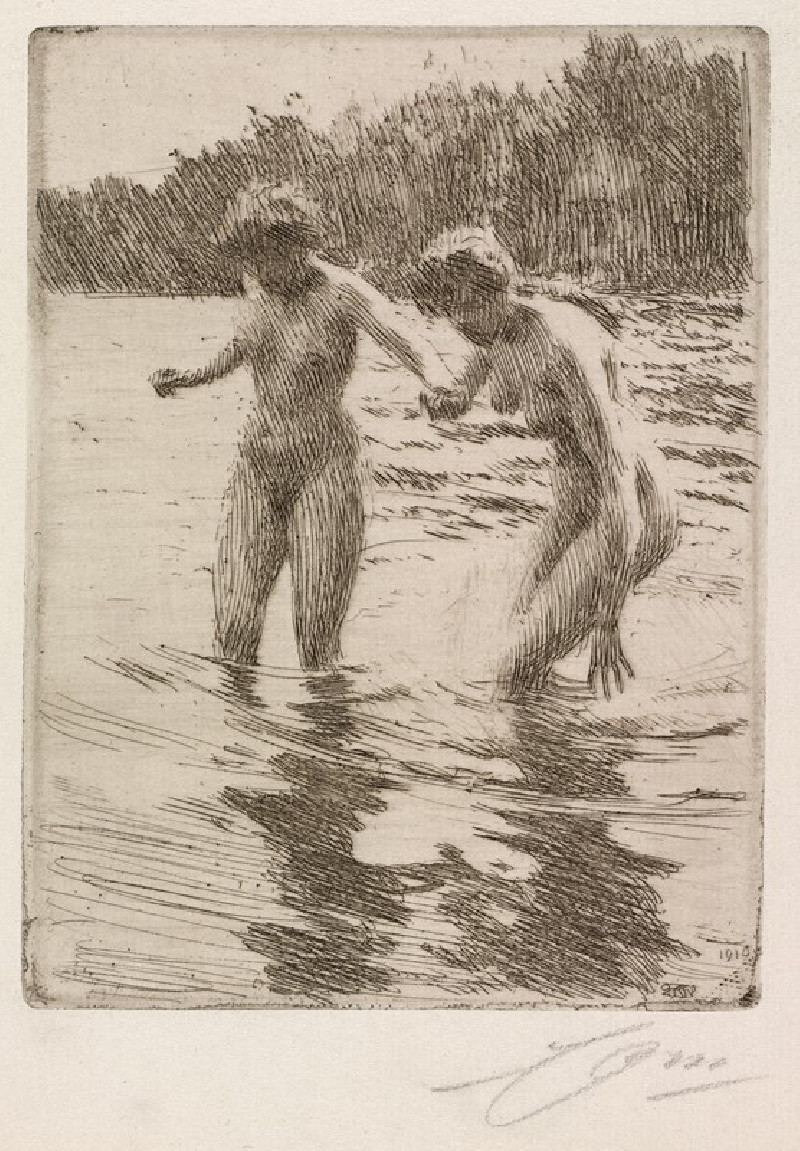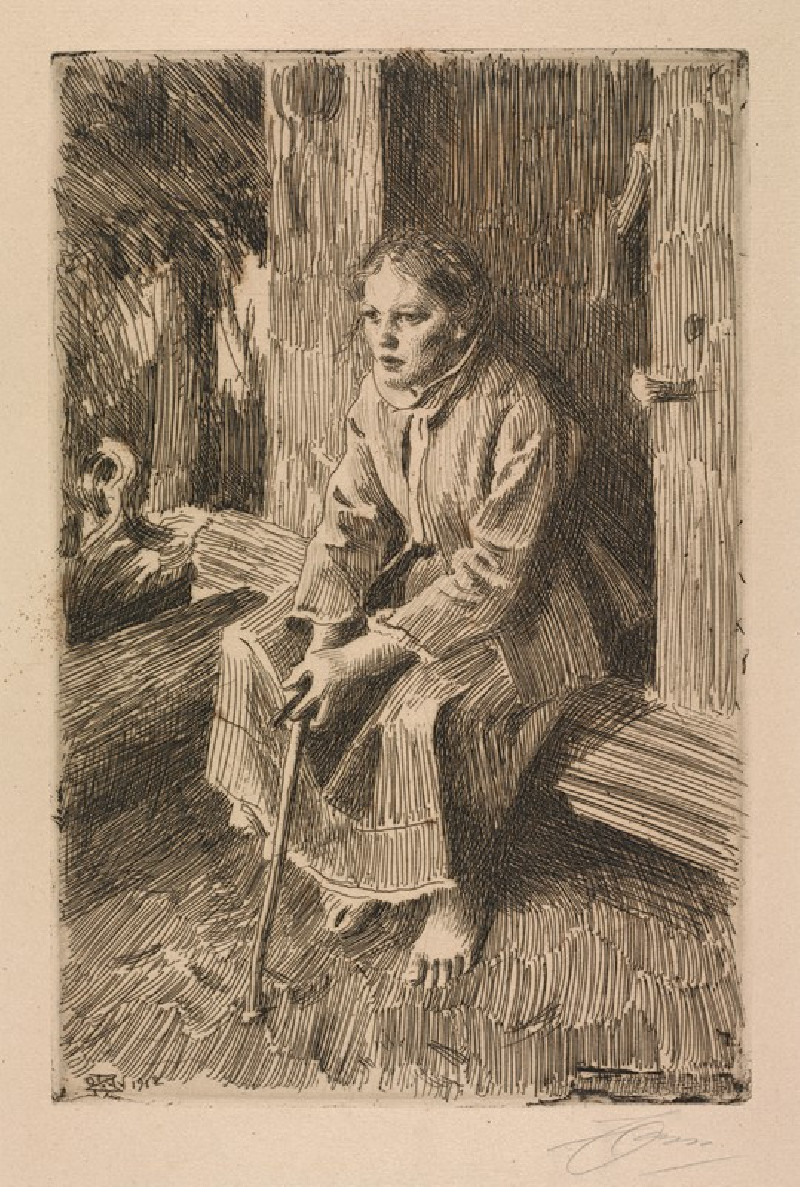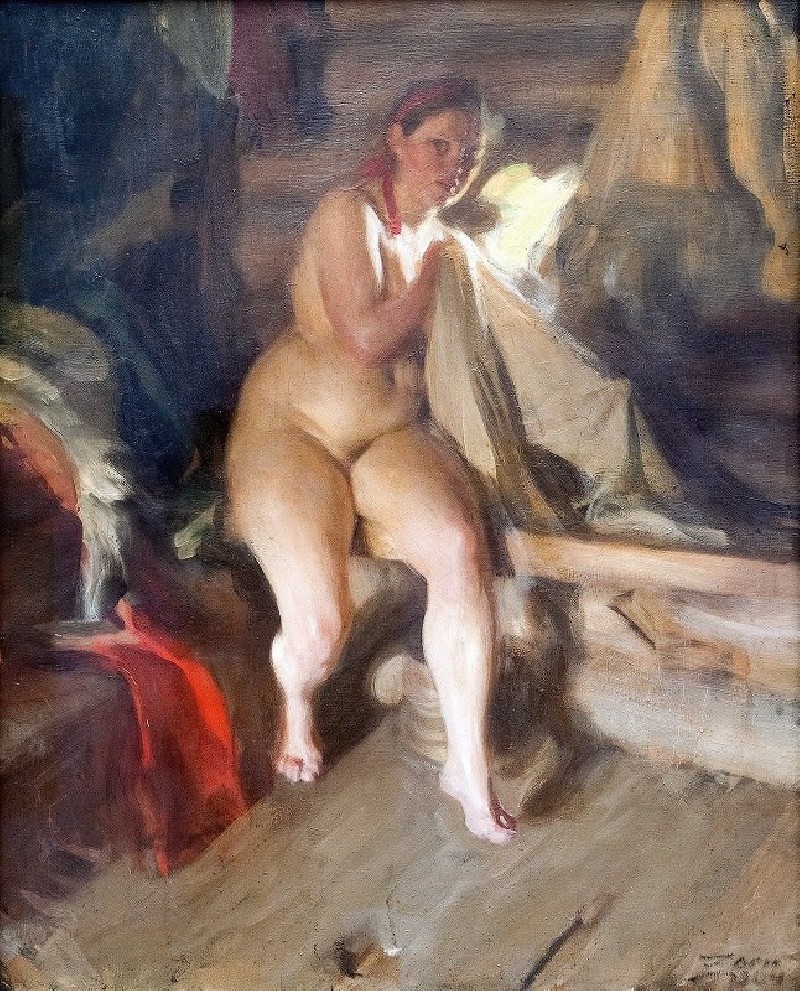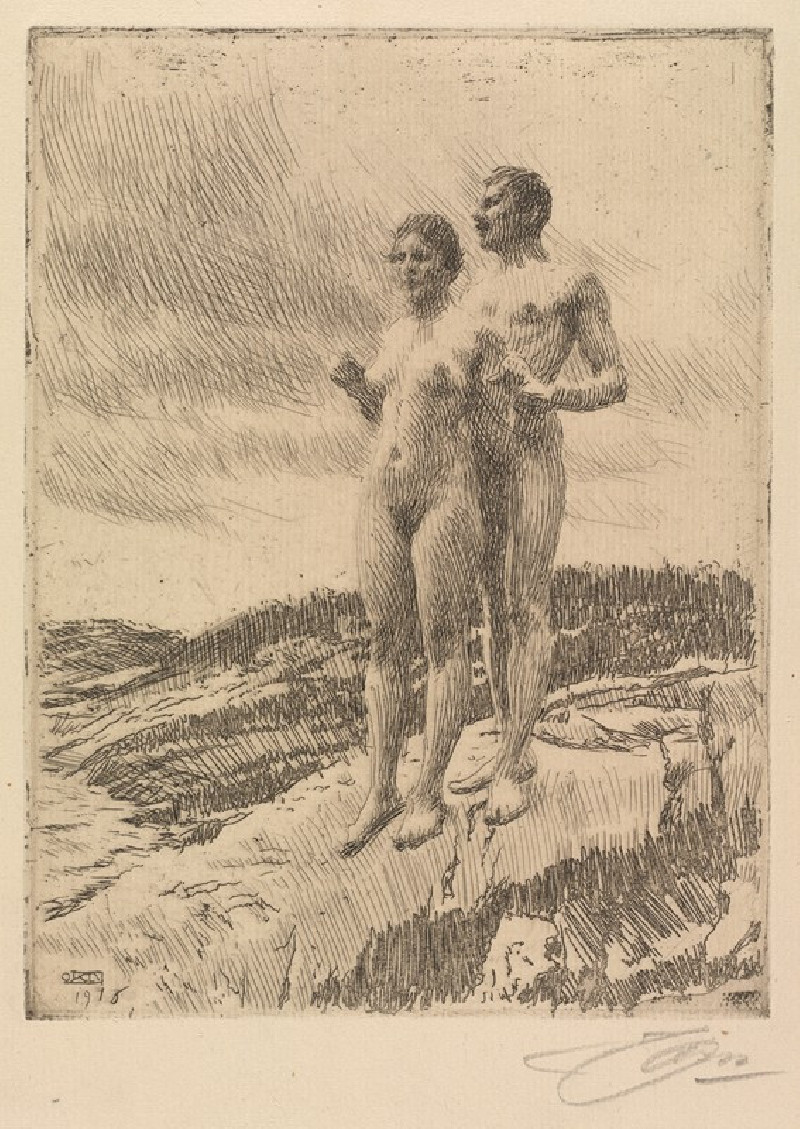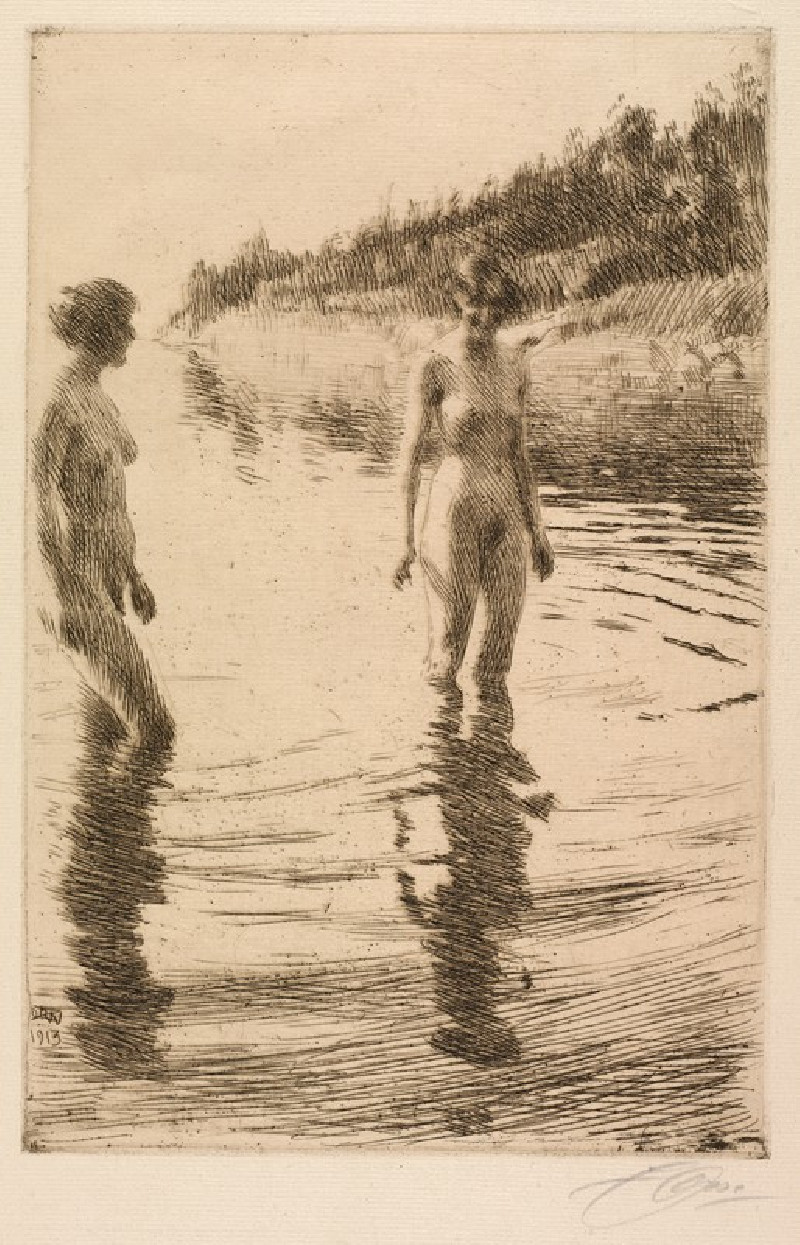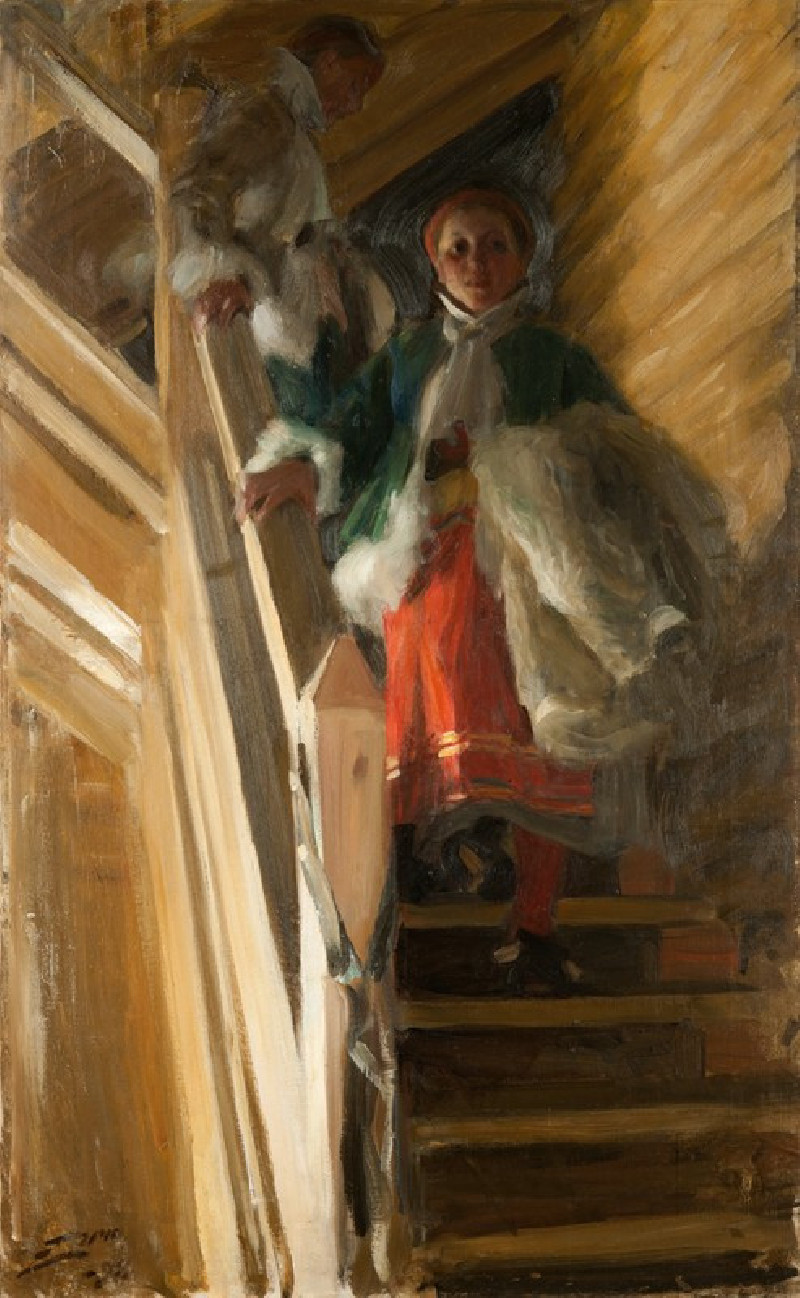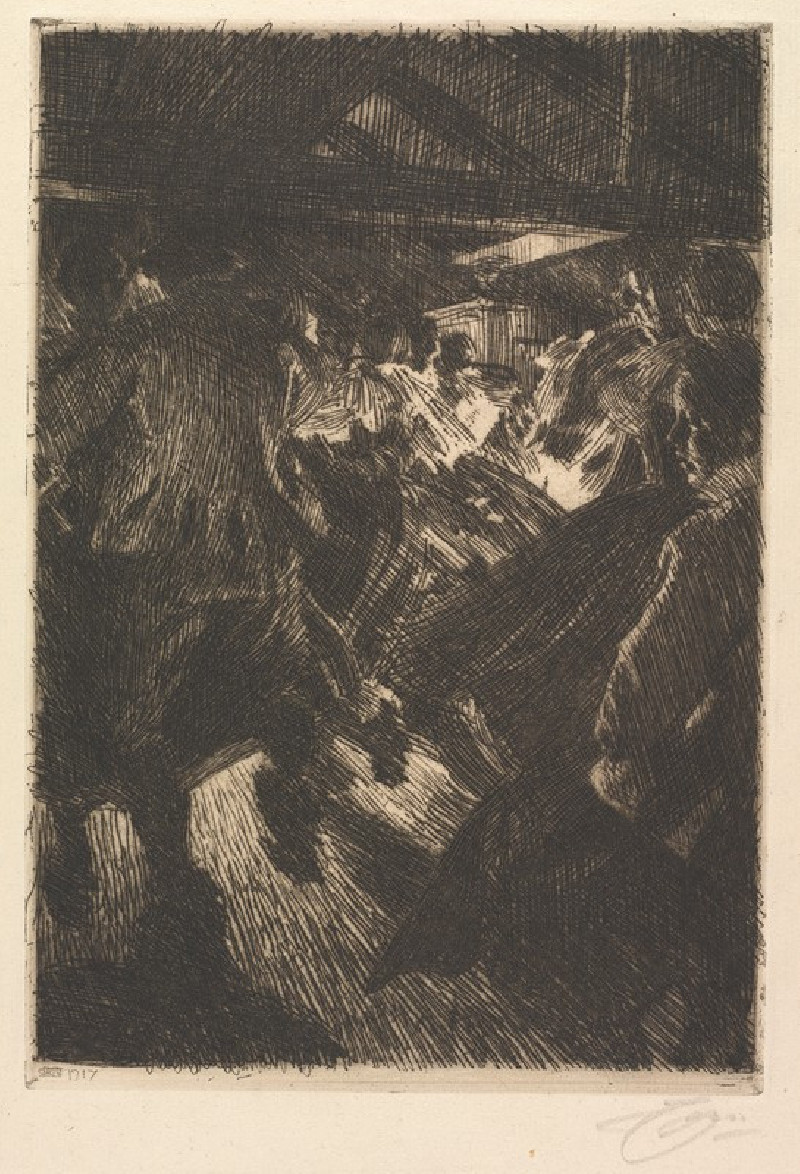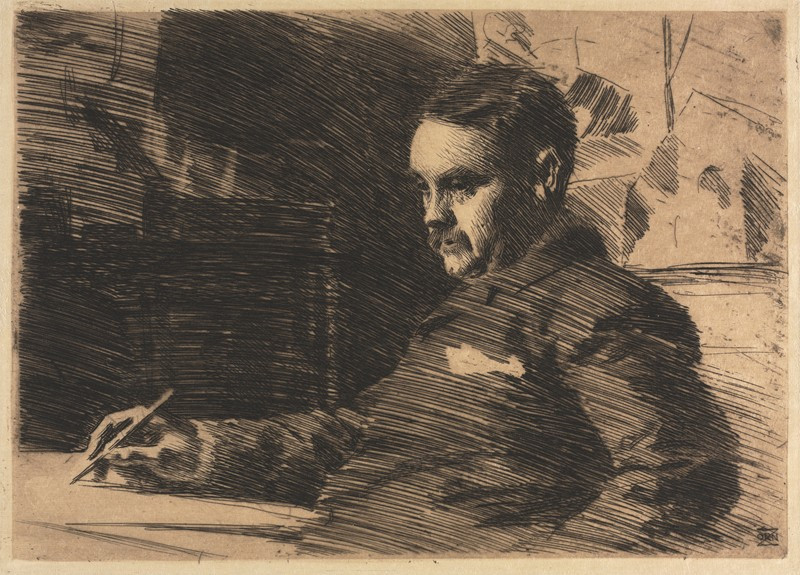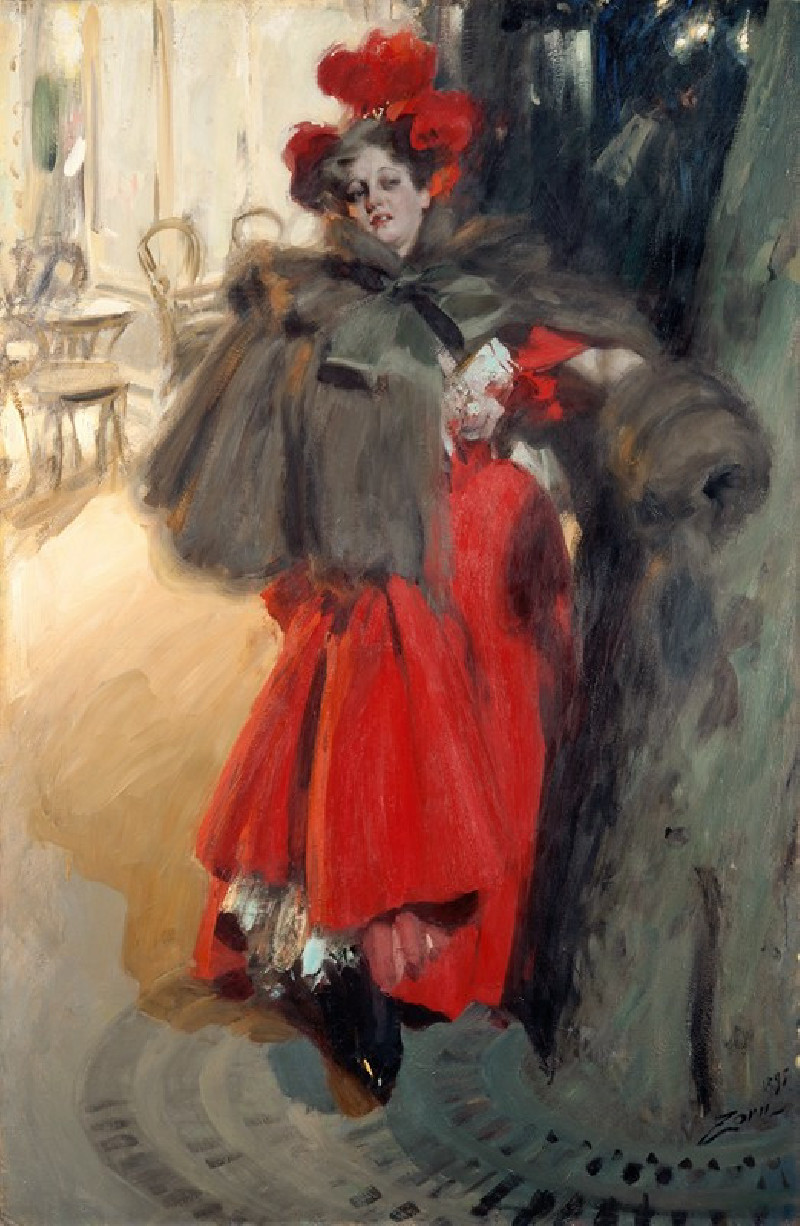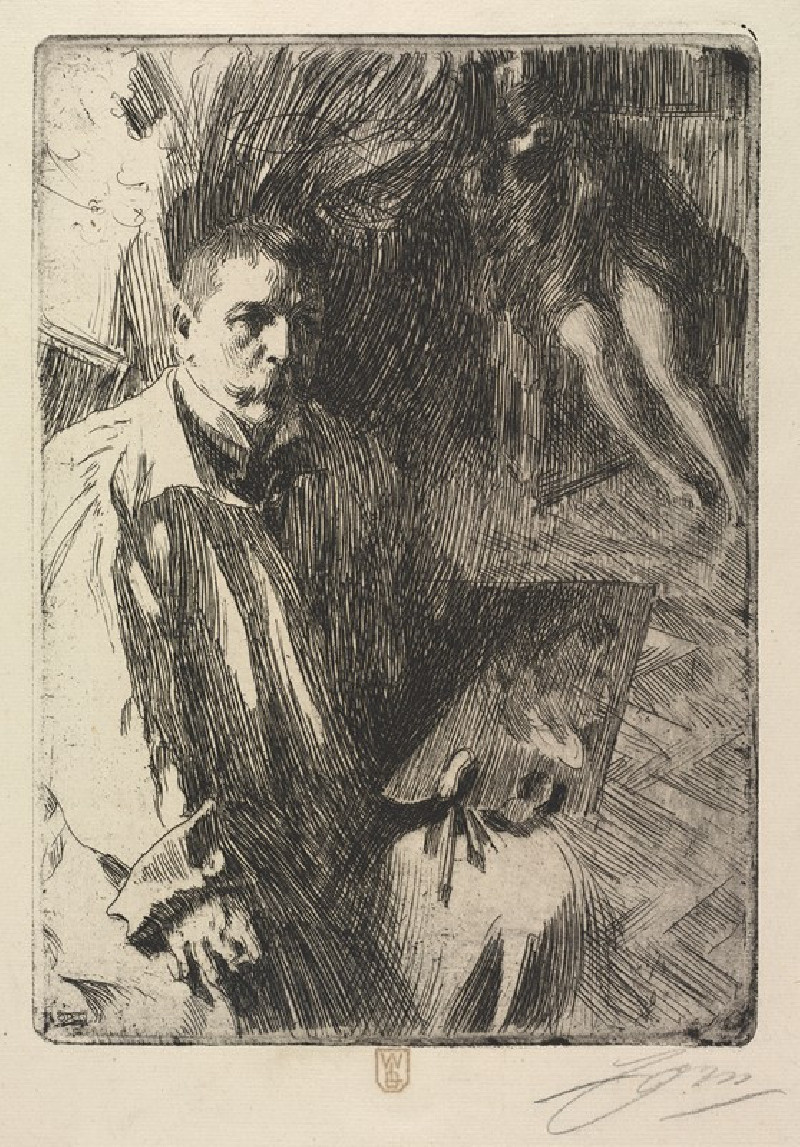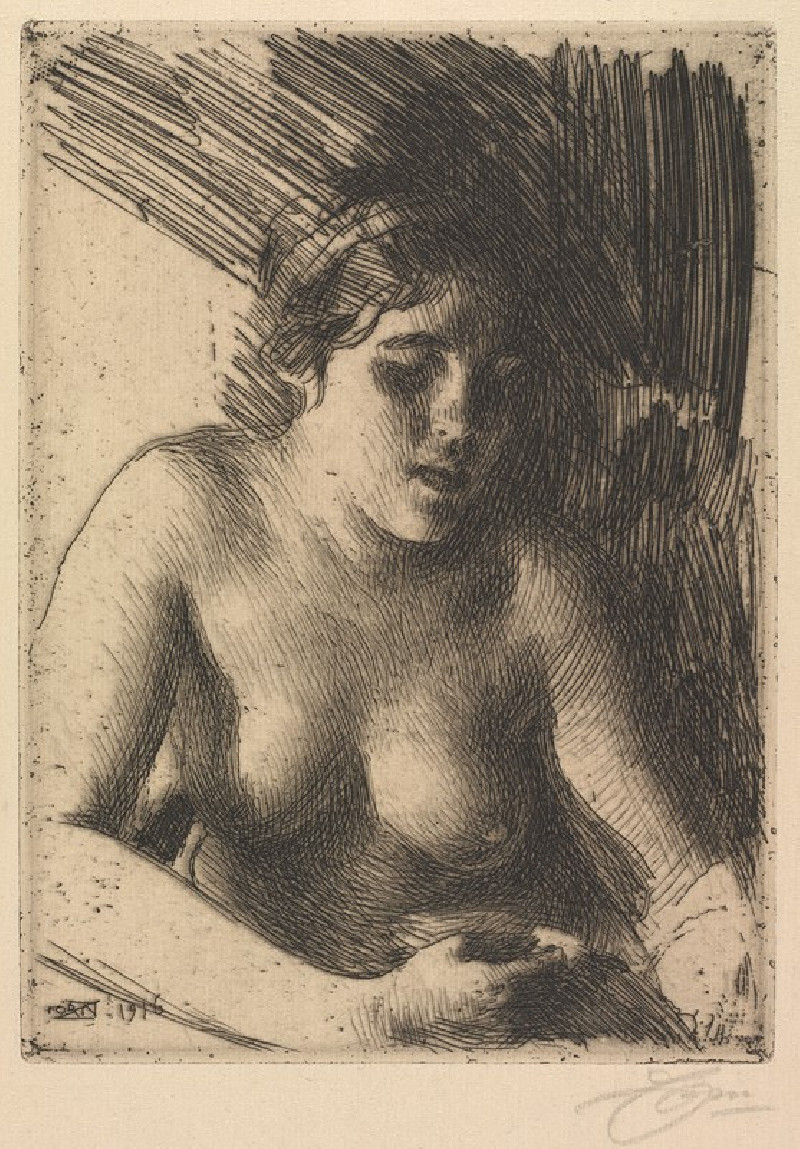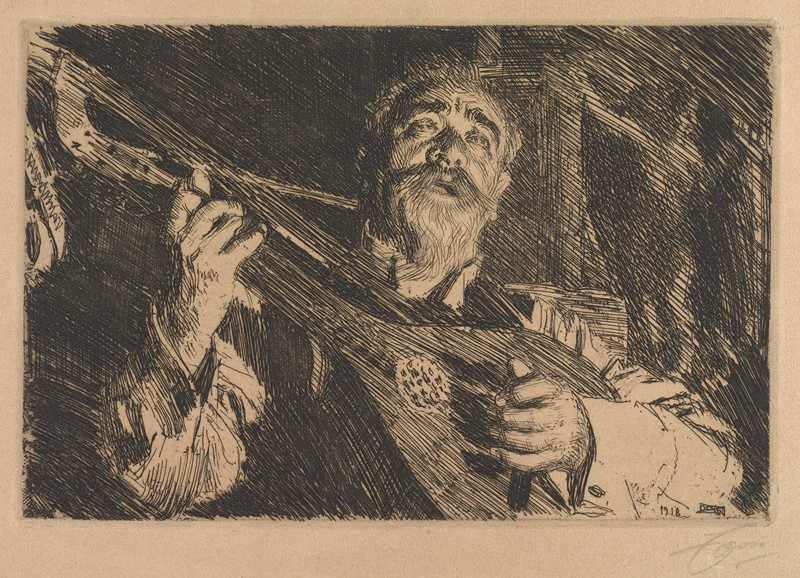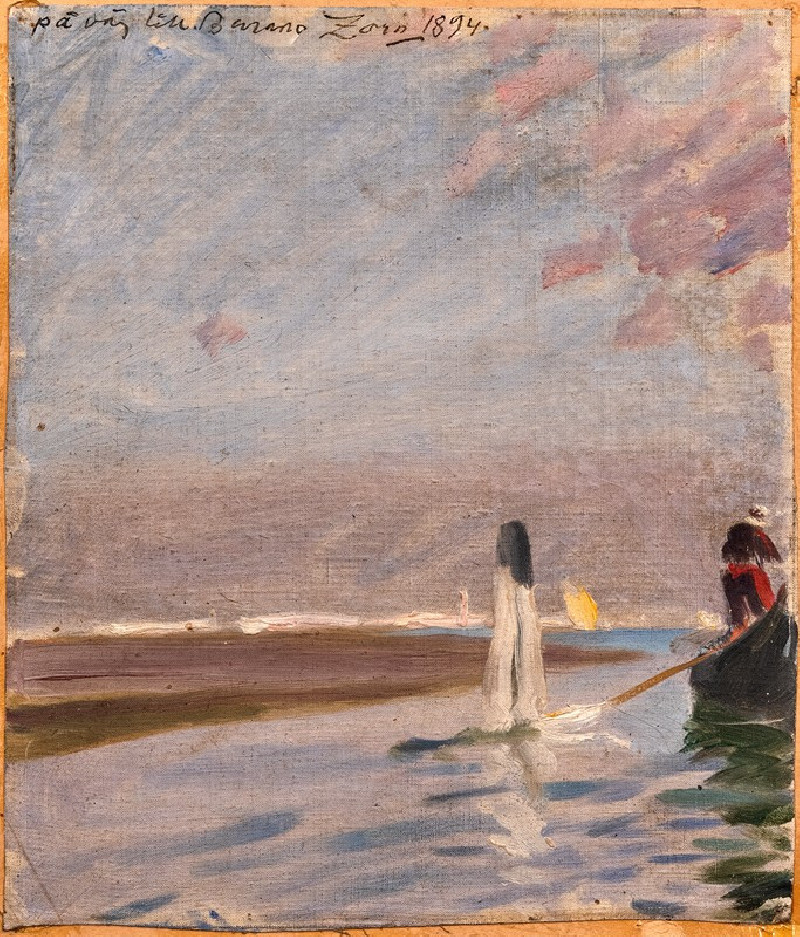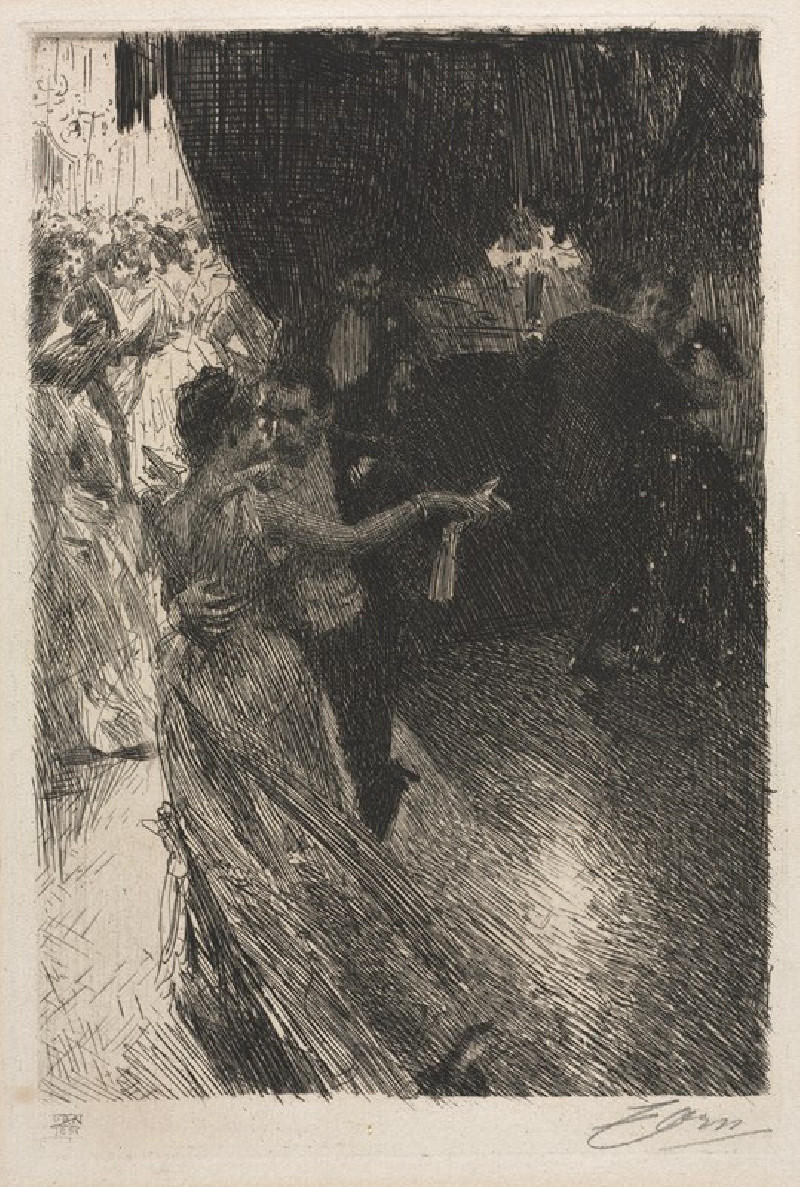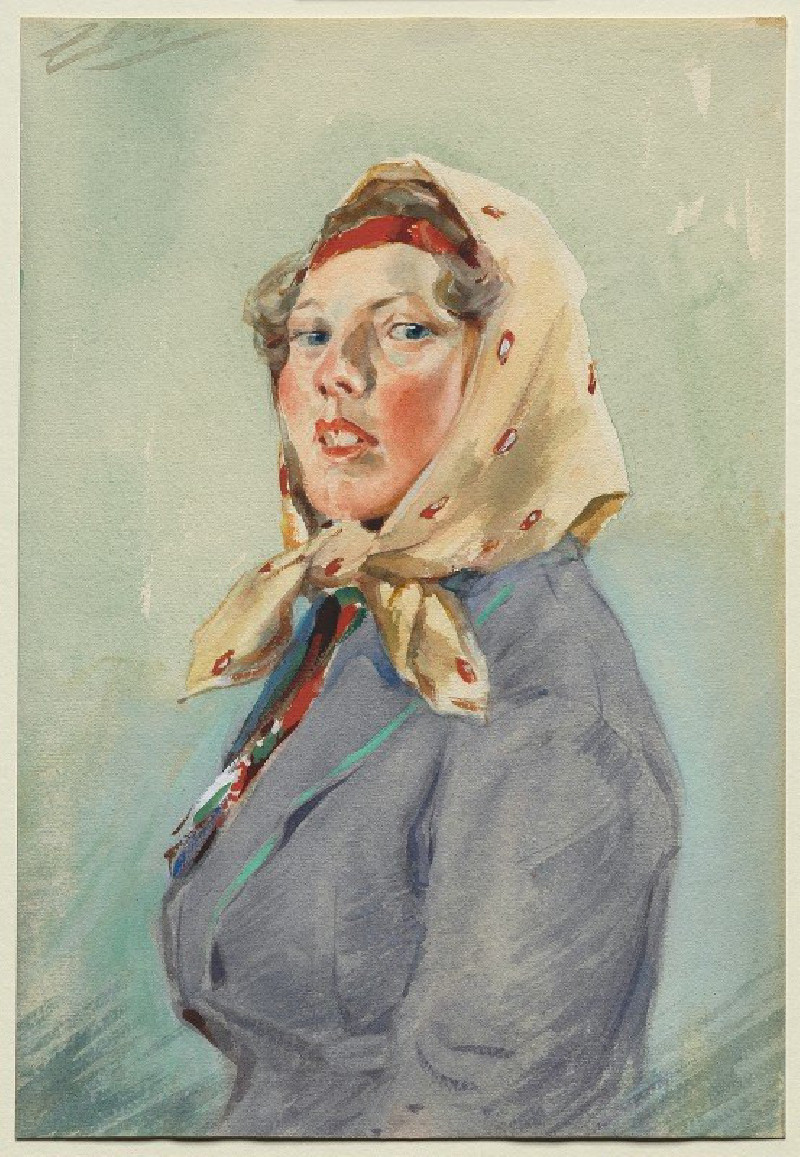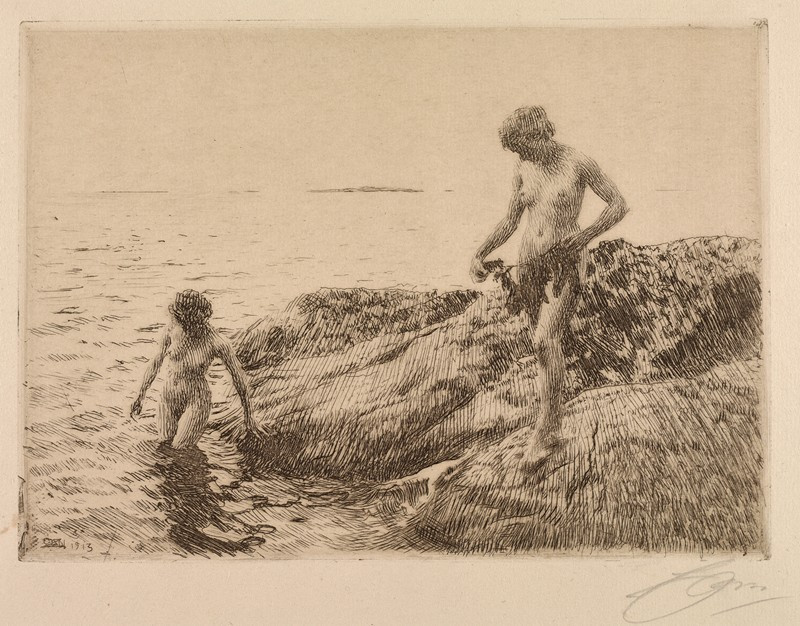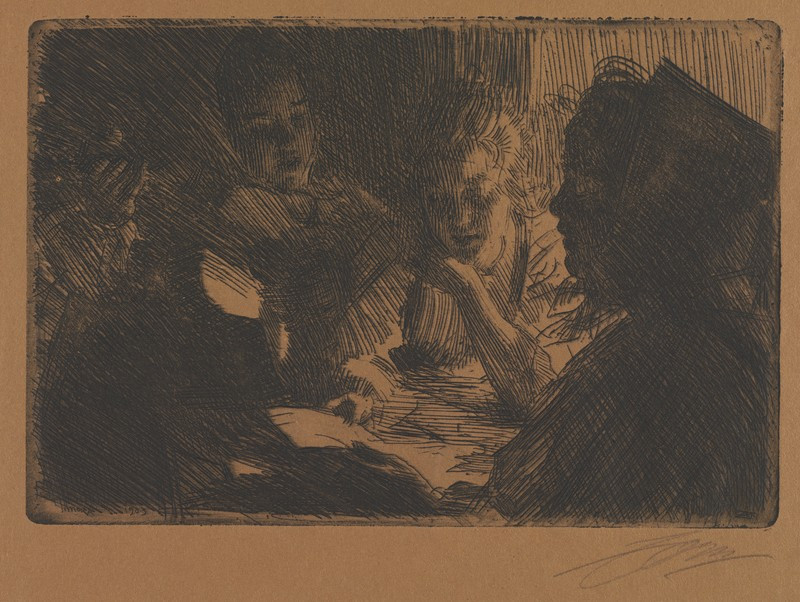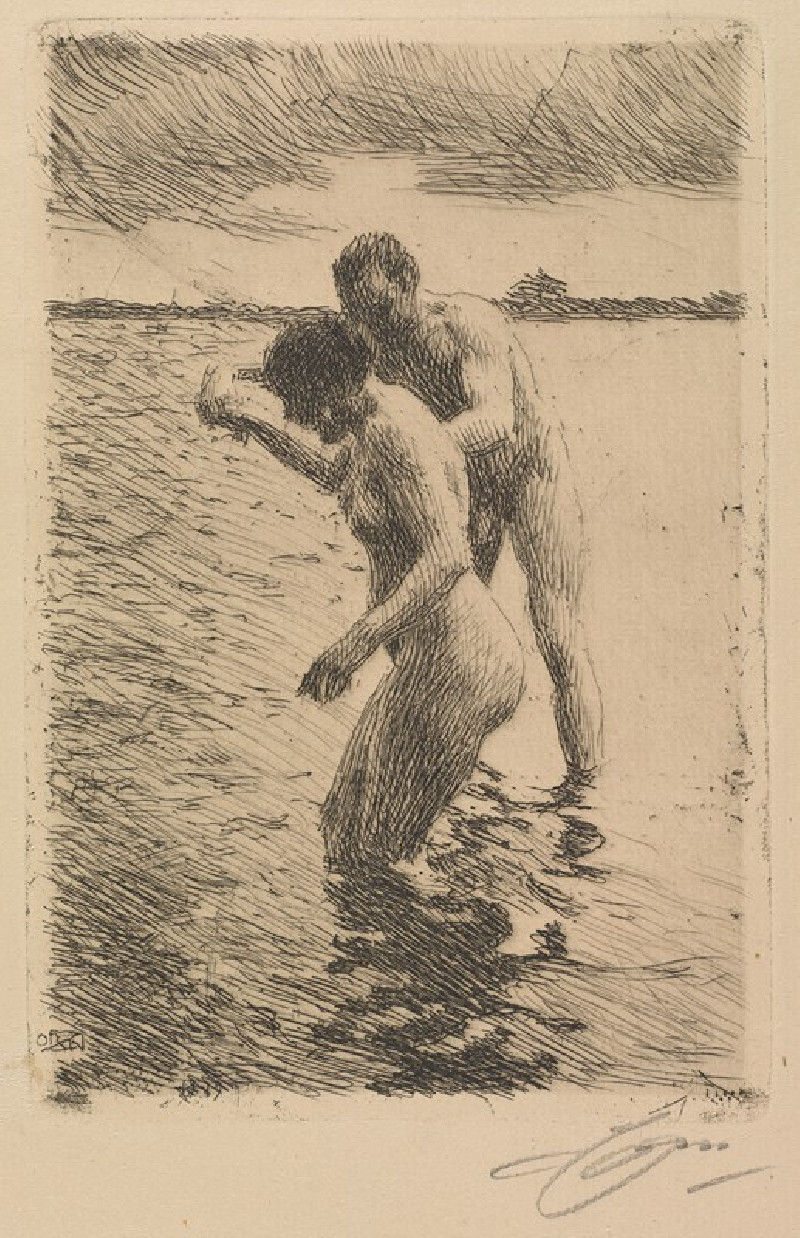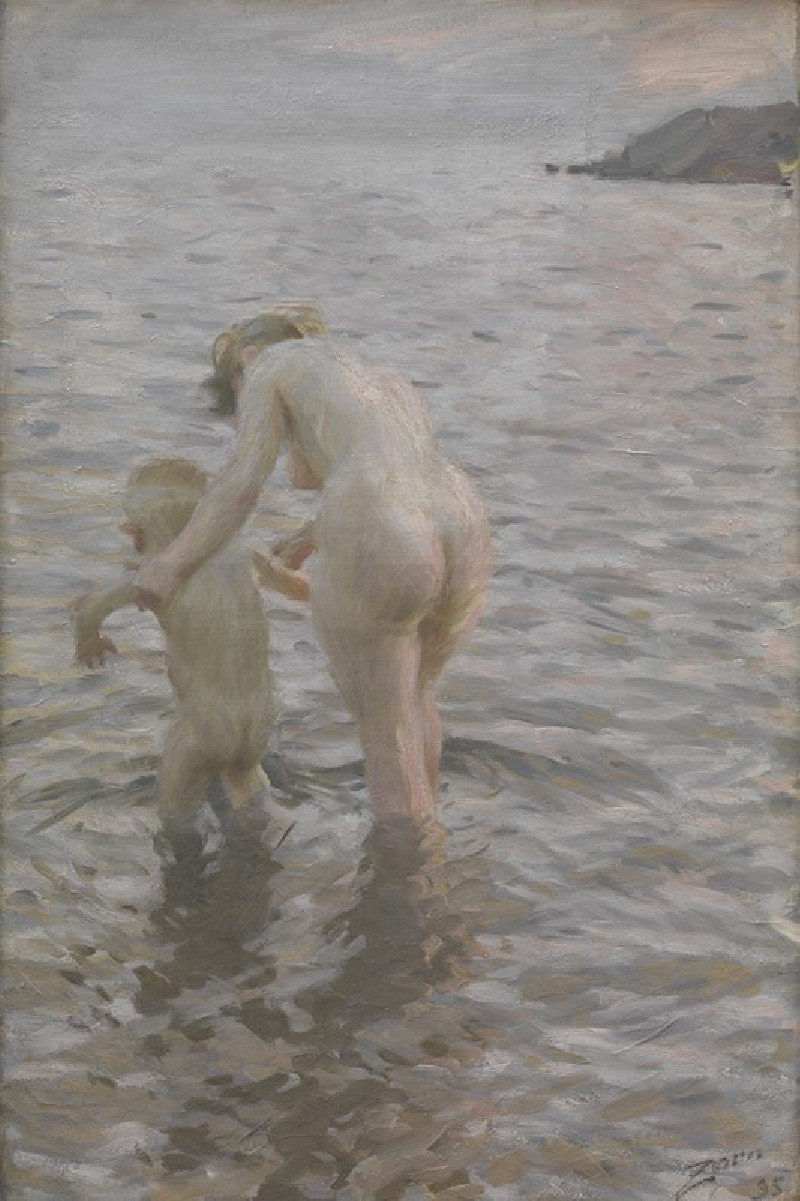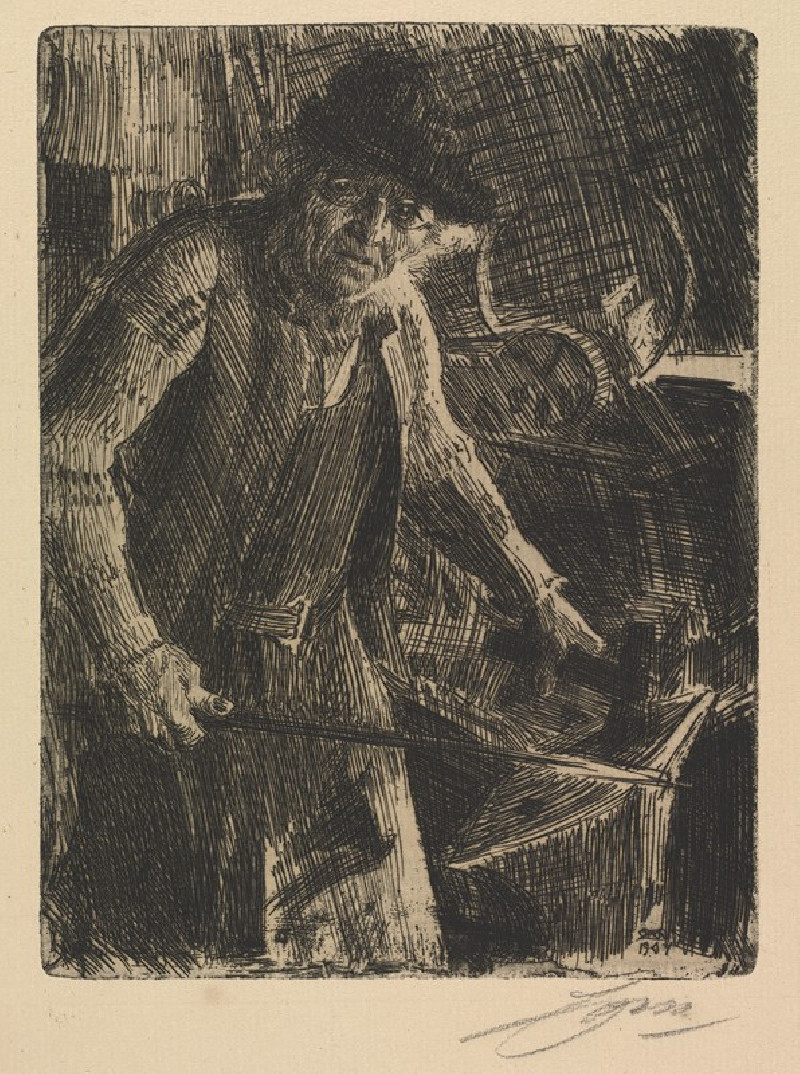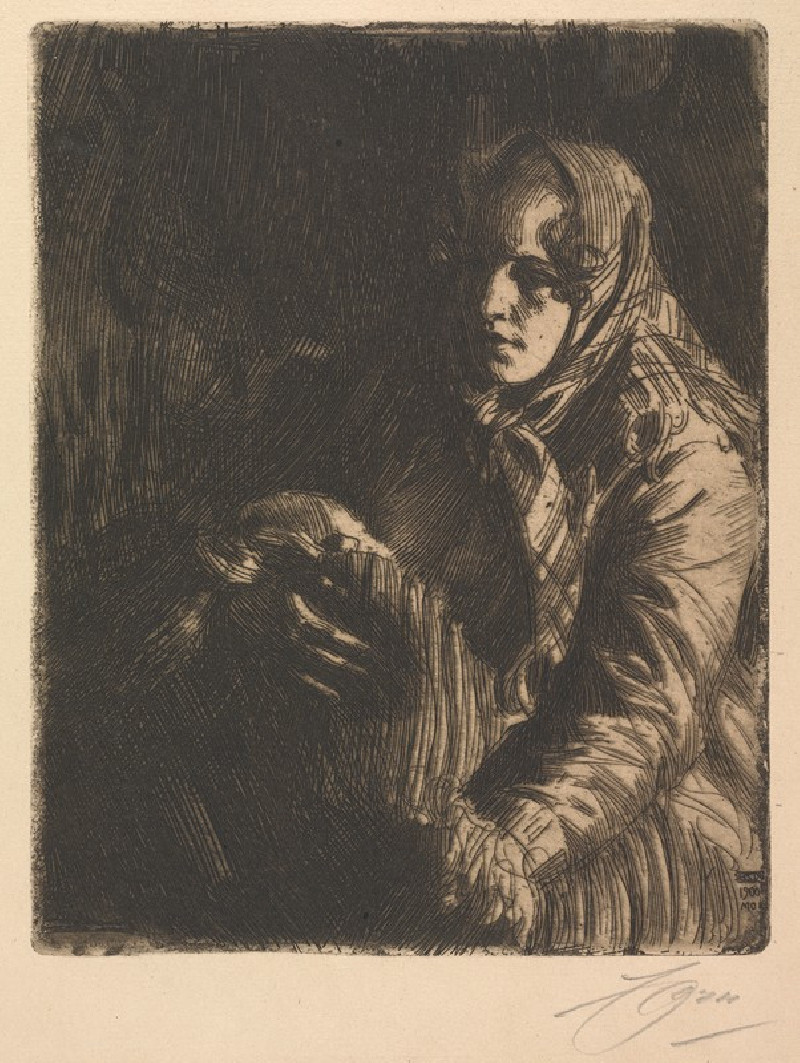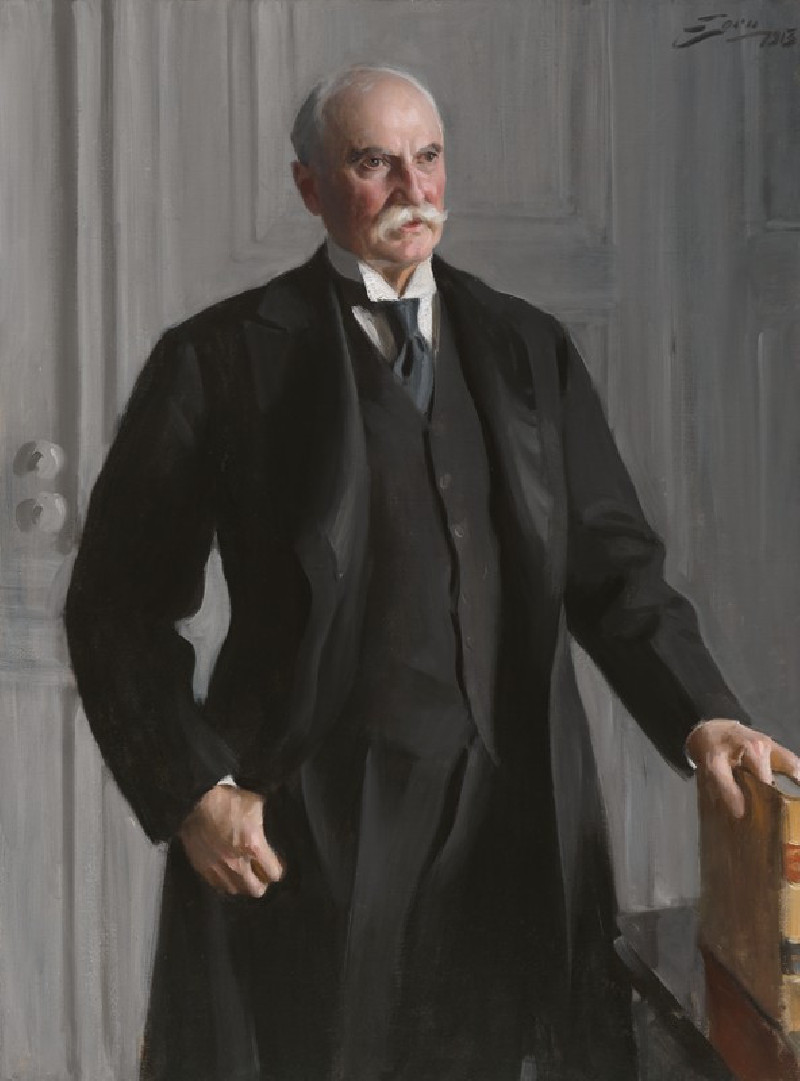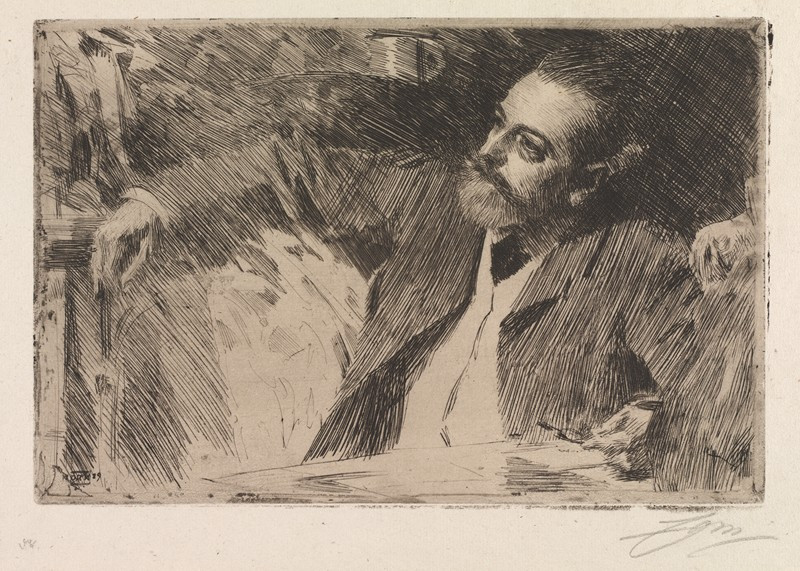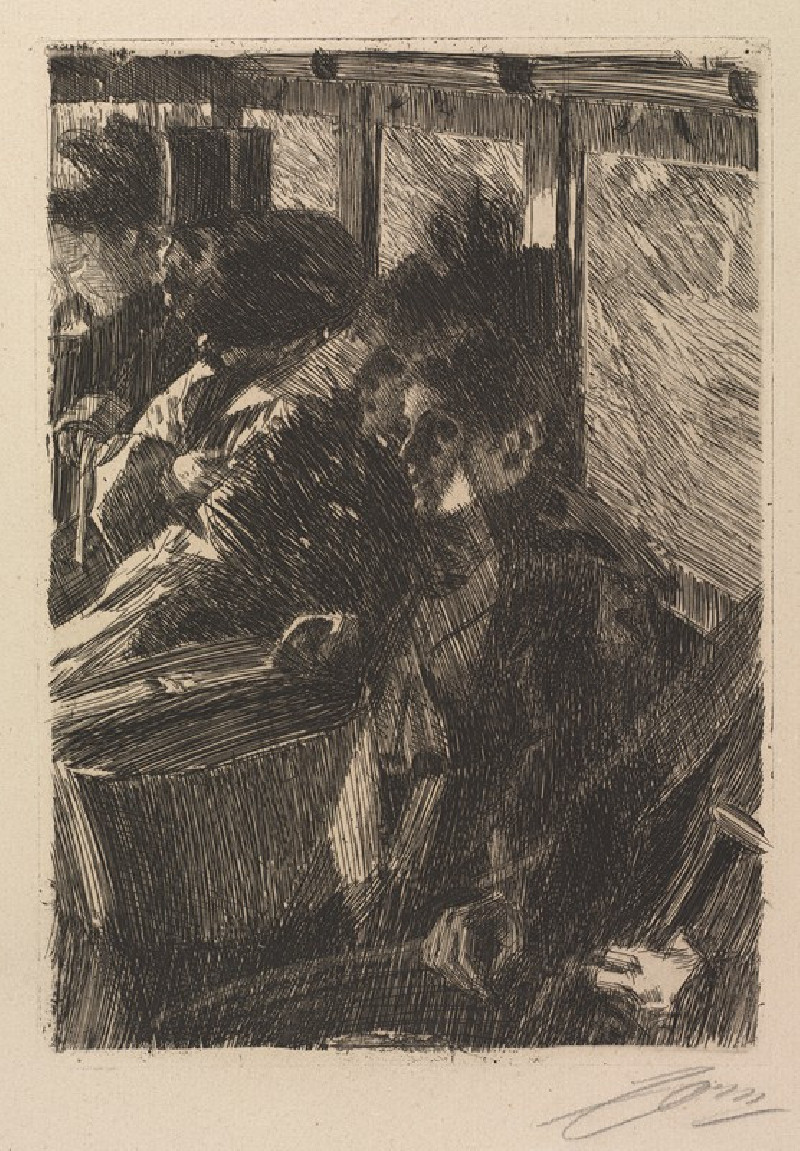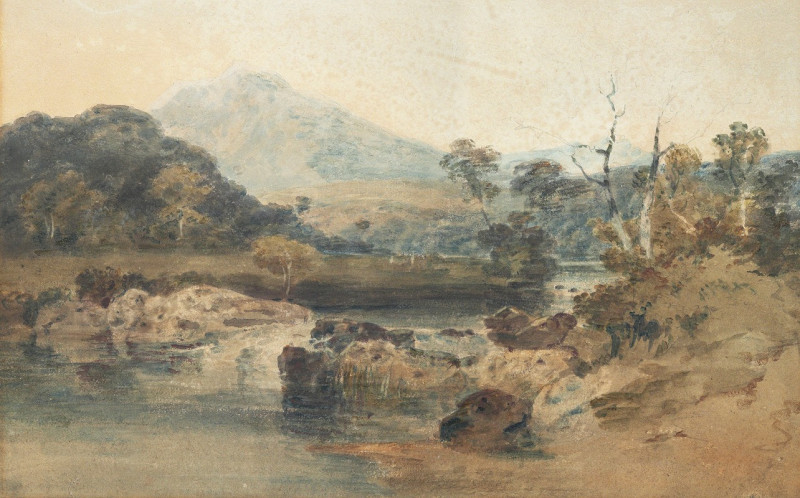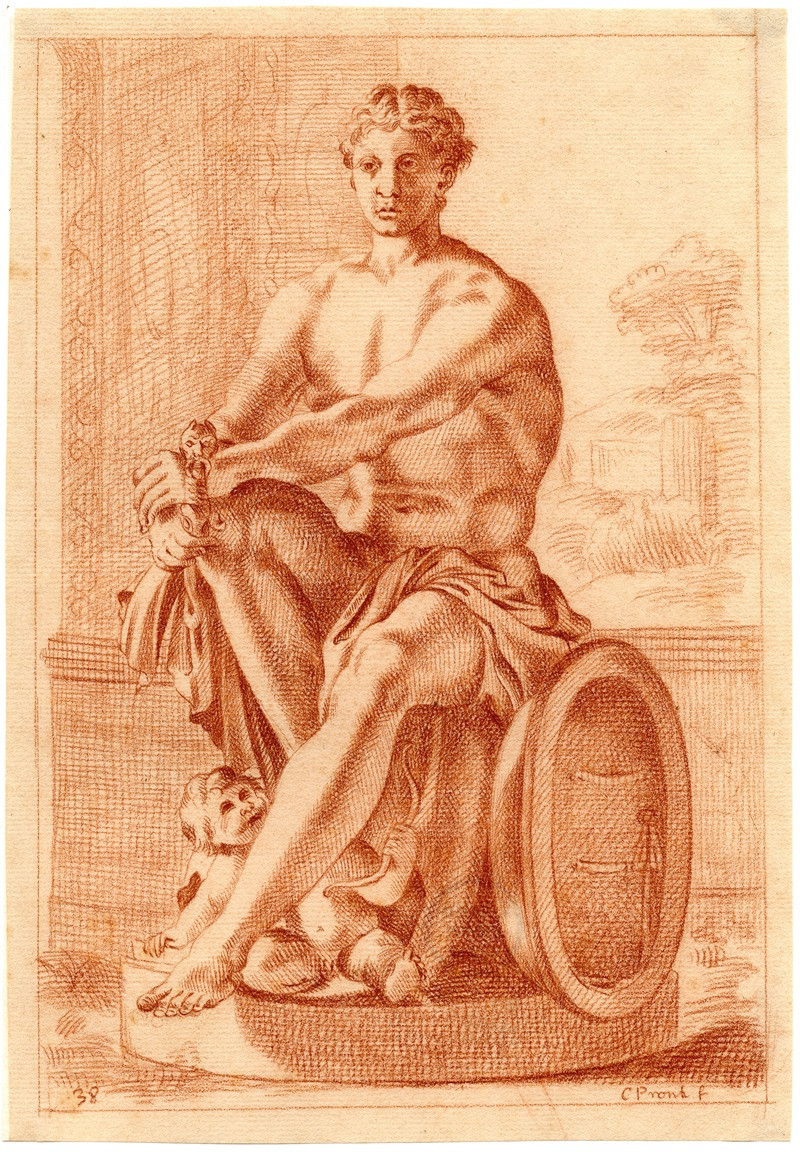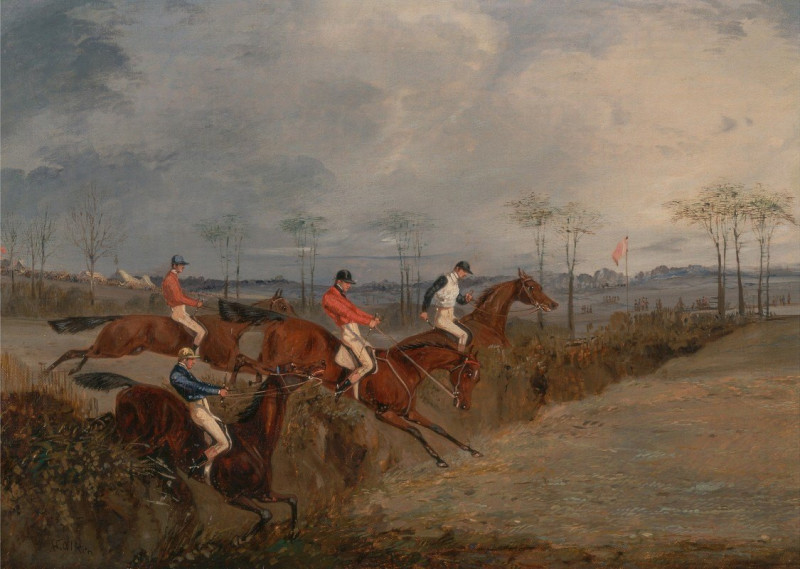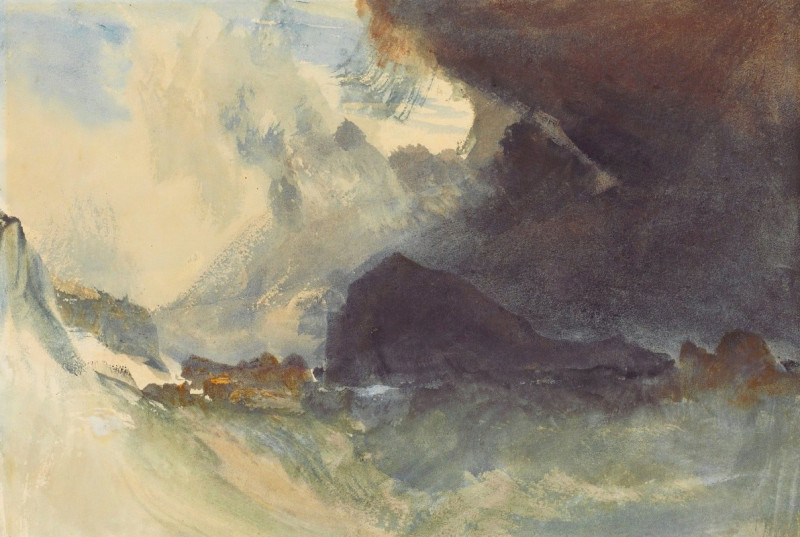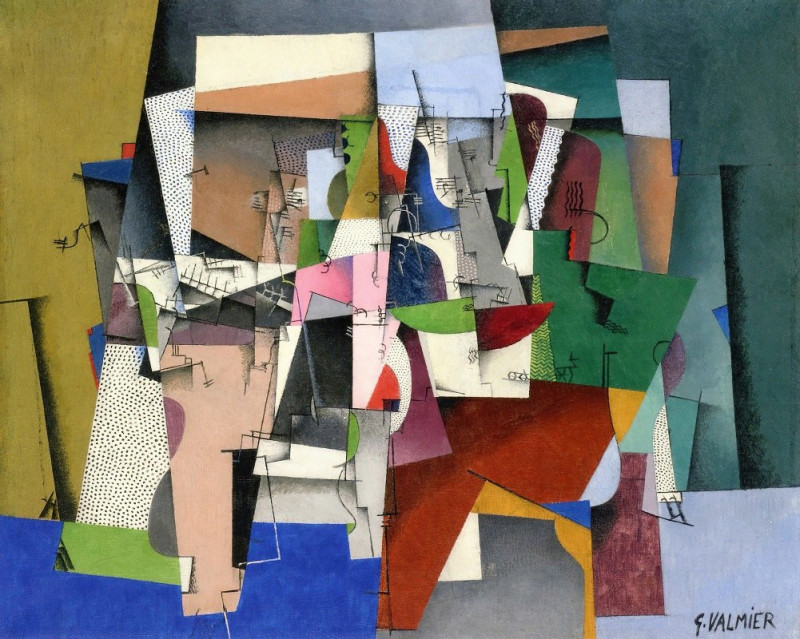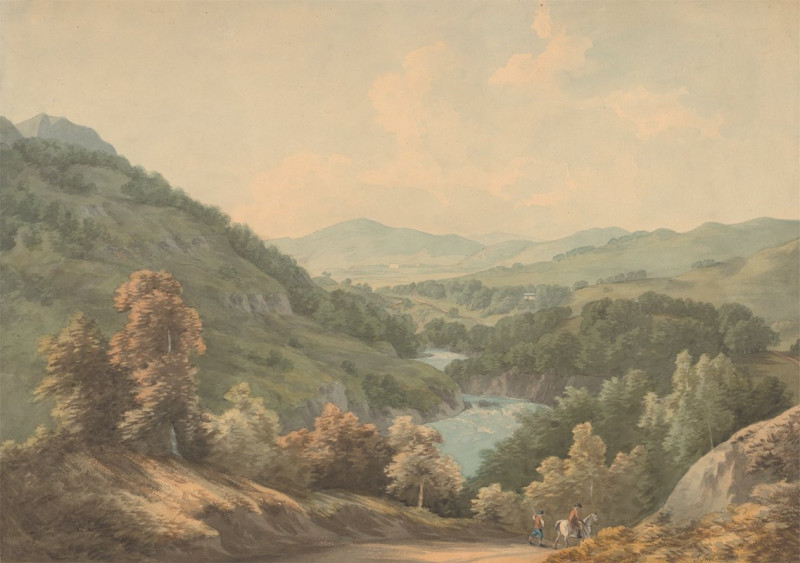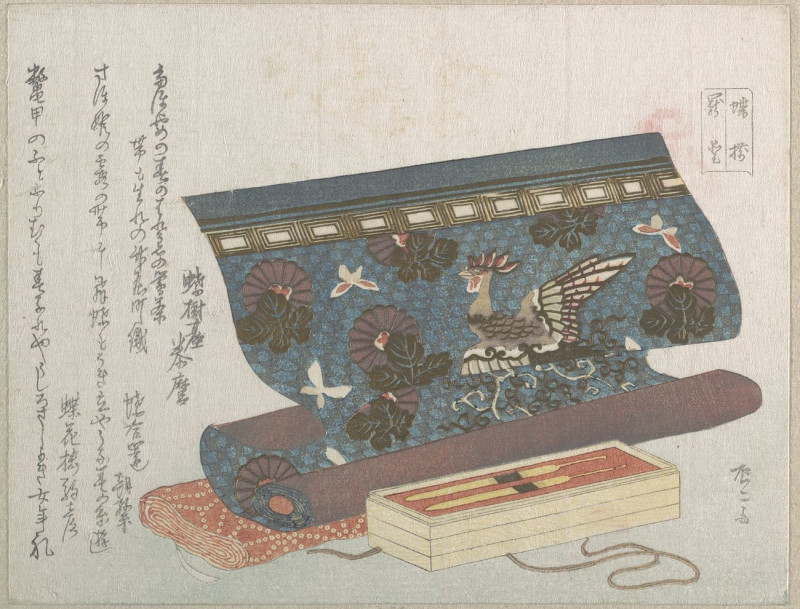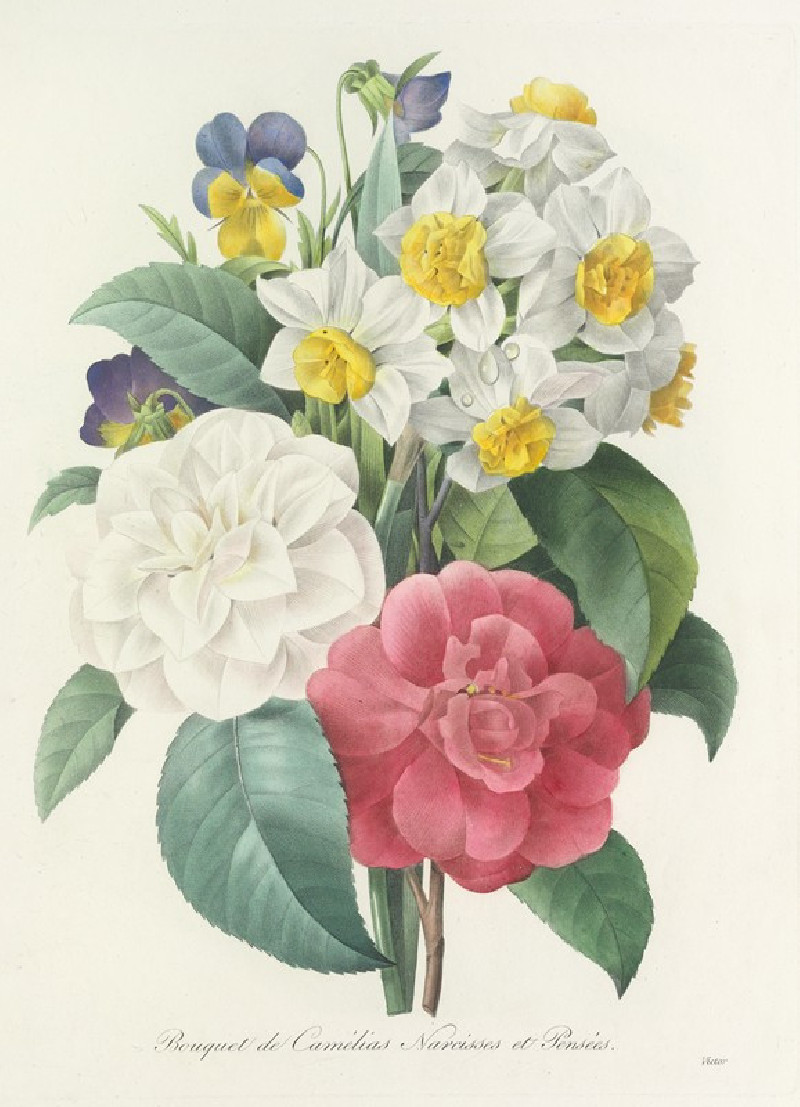Charles Nagel (1901)
Technique: Giclée quality print
Recommended by our customers
More about this artwork
We are delighted to present "Charles Nagel" (1901), a striking oil portrait by the renowned Swedish artist Anders Zorn.The painting captures a strong character study of Charles Nagel, a notable figure from the turn of the 20th century. Zorn's brushwork is masterful, creating a vivid portrayal full of psychological depth. Nagel is depicted against a dark, indistinct background, which effectively focuses attention on his expressive face and distinguished attire. The soft lighting accentuates his introspective gaze, highlighting the texture of his skin and the subtle reflections in his eyes, which convey a sense of solemnity and wisdom.Nagel's attire is elegant and somber, consistent with the fashion of the period, and suggests his prominent social standing. The broad strokes and rich, muted palette Zorn employs add a tactile quality to the piece, showcasing the painter’s expertise in capturing both personality and mood.
Delivery
Returns
Anders Leonard Zorn (18 February 1860 – 22 August 1920) was a Swedish painter. He attained international success as a painter, sculptor, and etching artist. Among Zorn's portrait subjects include King Oscar II of Sweden and three American Presidents: Grover Cleveland, William H. Taft, and Theodore Roosevelt. At the end of his life, he established the Swedish literary Bellman Prize in 1920.

